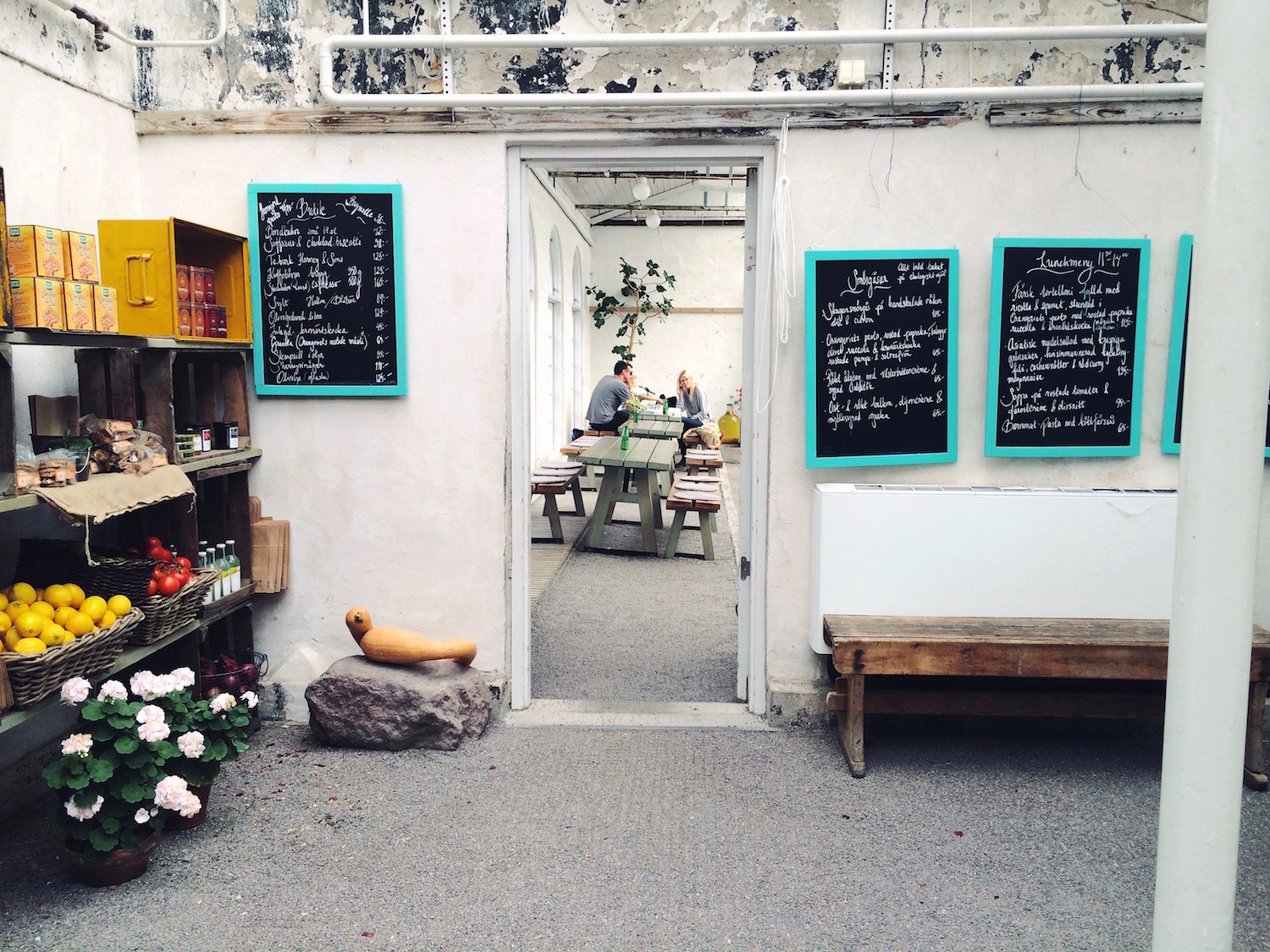Can you cut 1 Tonne of carbon pollution out of your life?
Take the challengeIn partnership with Australian Ethical Super we're highlighting people that walk the walk and talk the talk. Jacq Lapensee tells us about the changes she's helped champion at Australian Ethical (and how you can make a difference too!).
My concern for ethical issues emerged from my childhood – growing up in a part of South-western Ontario in Canada dubbed "Chemical Valley", Sarnia, my hometown, is home to over 60 refineries and chemical plants in an area with under 100,000 people. The air smells so toxic that when you enter the city limits, you feel like you can't breathe. There are constant chemical spills and some sources state that Sarnia has a cancer incidence 34% higher than the provincial average. Almost everyone I knew growing up had someone in their family with either a mental or physical illness. And one of my friends in primary school was diagnosed with lung cancer when we were 9 years old. Unfortunately, no-one there questions the obvious environmental and health concerns because their livelihoods are directly connected to the very thing that is making them ill.
When I was 18 years old I started to get really sick and was told by my doctor that it must be psychological (because he didn't know why!). My state of health was so poor that at times I didn't want to be alive.
Several years later I discovered that I was allergic to both gluten and cane sugar.
All of this led me on a path to health and caring about the environment. I started practicing Reiki, then Reflexology, Hawaiian Lomi Lomi massage, craniosacral therapy, and studying Chinese Medicine. And in between I started to feel unsettled at the thought of eating animals. Doing a 10 day Vipassana meditation retreat over my 25th birthday was the deciding moment for me – a deep connection to everything around me made me realise that I was no better than any other living being and I started to think about why I killed insects without thinking and the impacts my purchases (food, clothing, cosmetics) had on animals.
At every job I've had I've always challenged the company's environmental behaviour. In Canada we've been recycling since I was young, so coming to Australia and seeing the often complete lack of recycling systems was disconcerting for me. I moved to London in my twenties and worked for Diageo, a large consumer goods distributor.
I was appalled at their use of single-use plastic cups for drinking tea (~11,000 per week in one building alone) and the poor recycling system. I soon started an environmental campaign called "Grow a Green Mind" that completely changed employee behaviour.
Finding Australian Ethical Investment has been an amazing experience for me. I assist the Managing Director and because he has such an open mind and cares so deeply about ethical issues, he listens to my suggestions and is happy for me to enact change. The first thing I set out to change was our grocery supplier - to a local and organic provider. We now source bread, tea, butter and snacks from Doorstep Organics, a local organic food company. We also now source our catering from an organic company and our stationary from Eco Office.

Next came our energy supplier – we purchase our electricity from Powershop, who are owned by Meridian Energy, a 100% renewable energy generator. And we've started to actively consider whether we can change any of our service providers to organisations that are B Corps (Benefit Corporations). We've already switched our corporate travel provider to Reho Travel and use Sendle for our courier company.
I have been empowered to organise our staff volunteering program and be a part of the team that decides our Community Grants. What an amazing feeling it is to give away 10% of our profits and to be the one who notifies organisations that they've received a much-needed grant.
I love working for this company because it aligns so deeply with my personal values. All of the issues that Australian Ethical supports publicly are also deeply engrained in the internal culture. Ethical issues are always discussed at length around the office and debate encouraged through ethical series run by our Ethics team or lunch-time ethical documentaries.
I am very grateful that I've found a role where I feel so incredibly aligned, valued, and respected, while being empowered to progress change in areas that I care so deeply about.
What can you do?
Do a stock take of the "green" practices in your office and see where there's room for improvement.
Do you use a coffee pod machine? Maybe you could suggest a change to a more sustainable alternative.
If your office doesn't already have a recycling bin, it's time to introduce one! Train your teammates to separate waste into paper, plastic/glass recyclables and even food scraps. This will help to reduce the amount of waste from your office ending up in landfill.
With food scraps, you can have a sealable container in your office kitchen to keep them in and they can then be taken home by anyone with a compost bin or worm farm. Or you could even start an office worm farm (and then feed some indoor plants with the worm juice).
Could you host a zero waste picnic or plastic free morning tea to rain awareness about single-use and food waste? And be sure to have a handy stash of reusable containers and cutlery in the office kitchen so that you don't have to rely on single-use plastics.
The sharing economy is a great initiative to bring to work. After all, sharing is caring!

Have some extra lemons from your tree at home? Share with your workmates! Cooked up an awesome batch of brownies? Share them over coffee with your desk-neighbour!
The same can go for transport: set up a carpool or walking team to get everyone working together to reduce your collective carbon footprint.
Most importantly, start small and work with what you have! You don't need to change everything overnight. Just simply set the ball in motion!
images: Unsplash
Read this next: How can I make sure my personal finances are ethically invested?

